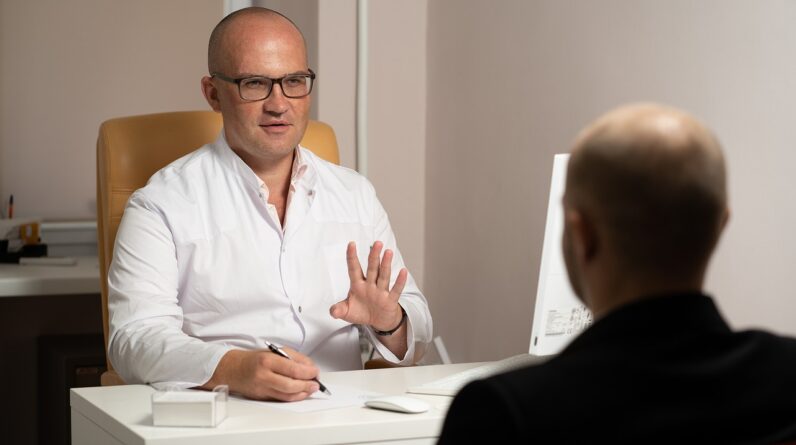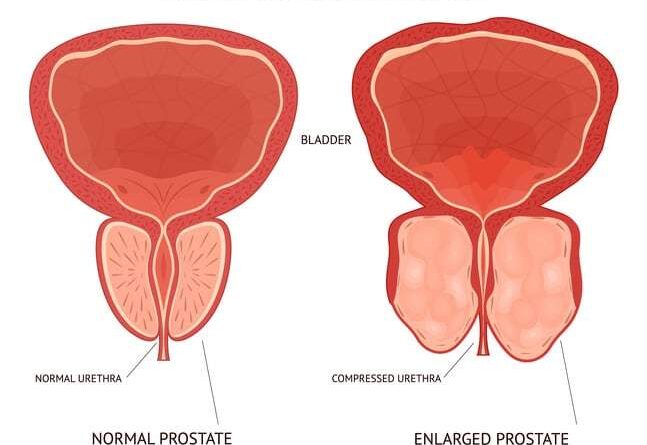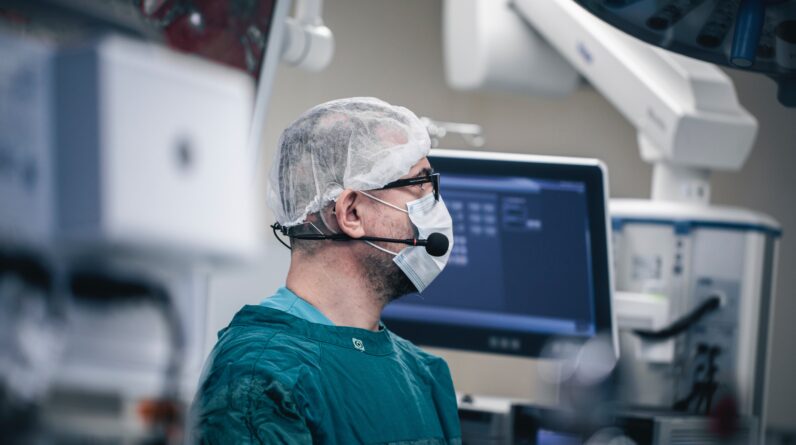
Introduction
It’s common to confuse different medical conditions, especially when they present similar symptoms. A classic example of this conundrum involves hemorrhoids and prostate problems. Can they indeed mirror each other? Let’s delve into these conditions to understand better.
Understanding Hemorrhoids
Symptoms of Hemorrhoids
Hemorrhoids are inflamed veins in your lower rectum or anus. The symptoms are often discomforting, featuring itchiness, discomfort, swelling around the anus, and rectal bleeding.
Causes and Risk Factors of Hemorrhoids
Risk factors include age, obesity, pregnancy, and frequent heavy lifting. Chronic constipation or diarrhea also play a role.
Understanding Prostate Problems
Symptoms of Prostate Problems
Prostate problems, like prostatitis or prostate cancer, often come with symptoms like pain or discomfort when urinating, frequent urination, blood in the urine, and pelvic pain.
Causes and Risk Factors of Prostate Problems
Risk factors vary, ranging from age, family history of prostate problems, infections, and certain lifestyle factors.
Comparing Hemorrhoids and Prostate Problems
Similarities in Symptoms
Both hemorrhoids and prostate problems can cause discomfort in the pelvic region. The frequency of urination may increase due to the inflammation in the area.
Differences in Symptoms
Despite the similarities, distinct differences exist. Hemorrhoids, for instance, can cause rectal bleeding, while prostate issues may lead to blood in the urine or erectile dysfunction.
Hemorrhoids vs. Prostate Problems: Diagnosis
Diagnosis of Hemorrhoids
Hemorrhoids are usually diagnosed through a physical examination. Sometimes, additional tests might be needed.
Diagnosis of Prostate Problems
The diagnosis of prostate problems often requires a more complex process involving blood tests, digital rectal exams, ultrasound, and possibly a biopsy.
Treatment Options
Treatment for Hemorrhoids
Treatment for hemorrhoids often involves lifestyle changes, over-the-counter treatments, and in severe cases, surgery.
Treatment for Prostate Problems
Treatment for prostate problems can range from watchful waiting, medication, radiation therapy, to surgery depending on the severity and the specific prostate condition.
In Conclusion: Reflecting on Hemorrhoids and Prostate Problems
Both hemorrhoids and prostate problems can cause significant discomfort and impact quality of life. While they do share some symptoms, it’s critical to understand their distinctive differences, causes, diagnostic procedures, and treatment options. Remember, health is wealth, and nothing should take precedence over it.
Stay informed about these conditions and seek immediate medical attention if you experience any of the symptoms. It’s always better to err on the side of caution when it comes to health matters. Trust professionals and don’t hesitate to discuss your concerns and questions with them.
FAQs
1. Can the pain from hemorrhoids be mistaken for prostate problems?
Yes, the discomfort in the pelvic region can be similar. However, a proper medical examination will differentiate between the two.
2. Can lifestyle changes prevent hemorrhoids and prostate problems?
Lifestyle changes can help reduce the risk and manage the symptoms, but they may not necessarily prevent these conditions. Regular check-ups are also crucial.
3. Is blood in stool a symptom of prostate problems?
Blood in stool is more commonly associated with hemorrhoids. Blood in urine may be a symptom of prostate problems.
4. Can these conditions lead to severe health problems if untreated?
Yes, untreated hemorrhoids can lead to complications such as anemia, and untreated prostate problems can escalate, possibly leading to prostate cancer.
5. Should I consult a doctor if I suspect I have either of these conditions?
Yes, if you have symptoms associated with either condition, seek medical advice immediately. Self-diagnosis and treatment can lead to complications.
6. Is there a specific age when these conditions are more likely to occur?
While these conditions can occur at any age, the risk increases as you age. Hemorrhoids are more common in people aged 45 to 65, while prostate problems are more prevalent in men over 50.
7. Can a healthy diet prevent hemorrhoids and prostate problems?
A healthy diet rich in fiber can help prevent constipation, reducing the risk of hemorrhoids. As for prostate health, a diet low in fat and high in fruits and vegetables can contribute positively, but it does not guarantee prevention.
8. Can stress cause hemorrhoids or prostate problems?
While stress isn’t a direct cause, it can lead to unhealthy behaviors like poor diet and sedentary lifestyle, contributing to these conditions.
9. Is surgery always required to treat these conditions?
Not always. Surgery is usually considered if other treatments haven’t worked or in severe cases. It’s not the first line of treatment for either condition.
10. Are there any home remedies to alleviate symptoms of these conditions?
Yes, simple remedies like warm baths, over-the-counter creams, and maintaining a healthy lifestyle can help manage symptoms. However, they do not replace medical advice and treatment.







